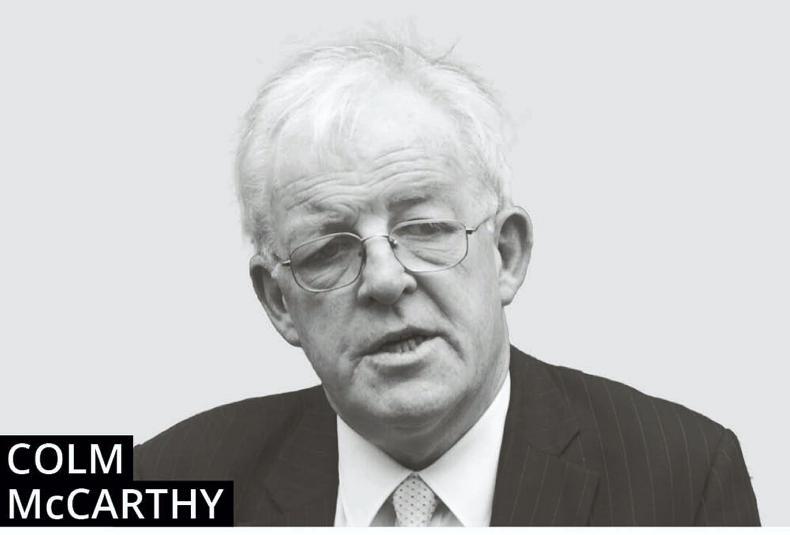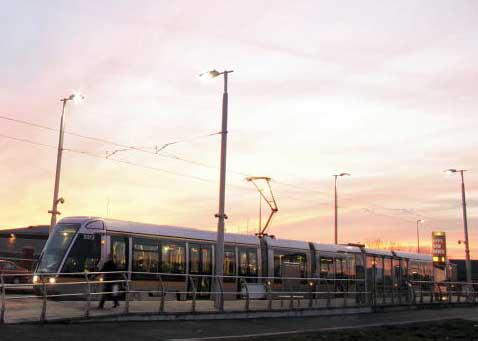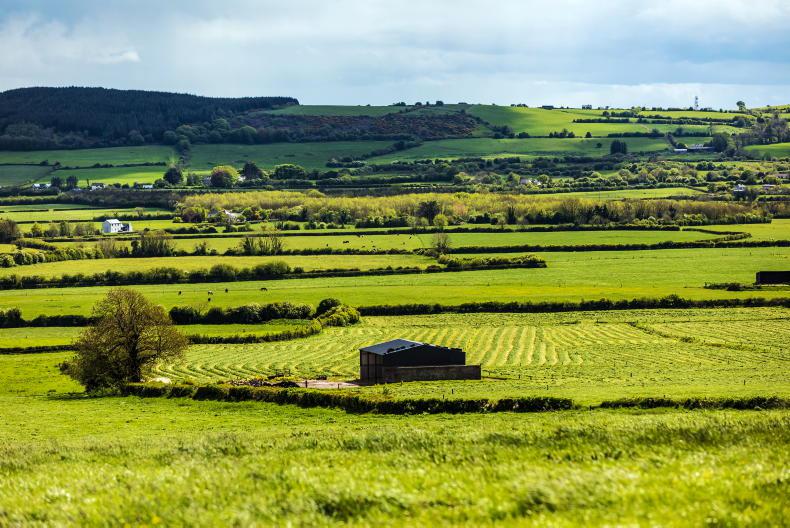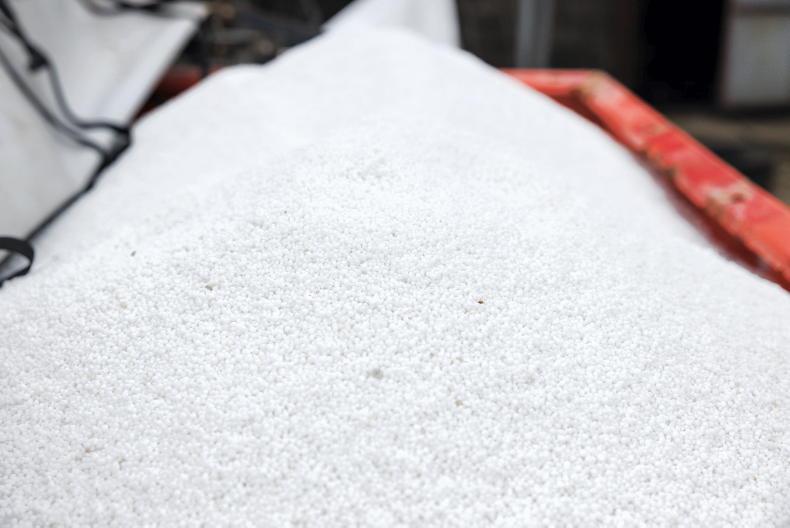Denial of supply to non-priority energy consumers has become a real risk in European countries this coming winter. There may also be a revision of tariffs, with higher charges differentiated by location and time of day.
Both of these policy actions may arise in Ireland, for both gas and electricity.
Charging different prices for energy at different levels of demand is not the same as rationing, contrary to some confusion in newspaper coverage of this latest twist to the energy crisis. It now looks probable that demand for gas and/or electricity will exceed demand in the winter around Europe and that governments and their agencies will be compelled to intervene by rationing customers. But that means denying them supply even at prices they would have been willing to pay, even very high prices.
Charging more at busy times is called peak-load pricing, widely practised wherever the physical capacity is occasionally inadequate and cannot be augmented from stock.
A good example is airline tickets. The airlines do not keep piles of empty aircraft and idle crew sitting around through the week, available for the Friday afternoon rush.
They charge more at peak, encouraging demand to move to less busy times. Electricity cannot easily be stored – demand and supply must be in continuous balance, and if supply is well short of demand, letting the price rise does not summon up extra instantaneous supply – there is nothing in storage.
Gas can more readily be stored, but Europe does not have plentiful storage and Ireland has virtually none.
There has not been a tradition of peak-load pricing in Irish markets where it would make sense, especially in urban transport, where higher prices at peak would be a low-cost policy for dealing with congestion. Spare off-peak road capacity is ephemeral and cannot be stored either.
Extra charge
There is an extra charge in the busy hours for using the Dublin Port Tunnel, inward in the morning and outward in the evening. This is the solitary example of peak-load pricing in the entire Irish road transport system.
Ireland’s only imports of both gas and electricity come from Britain, where the supply situation over the winter is likely to be tight.
If Britain expects zero electricity imports from continental Europe, it will have to cut its biggest loads, and that includes the interconnectors to Ireland. One of the UK’s import interconnectors delivers power from lucky Norway, which has plentiful hydro generation. But the reservoirs in the southern part of the country are dry and surplus power in northern Norway cannot move south due to transmission system weaknesses. Britain cannot be guaranteed Norwegian power over the winter, and some of the French nuclear fleet has also been off load due to technical problems and maintenance delays.
Ireland, as with gas, is at the back end of the European queue and peak-load pricing cannot quickly patch up an insecure supply system.
The Government will be revealing in due course the priorities for both oil and gas and it is possible that some large users will face supply disruption.
Who comes first if aggregate national supply cannot meet short-term demand?
Aside from assurances that hospitals and emergency services will be accorded priority, the details have yet to be revealed.
Electricity is generated principally from natural gas in Ireland, roughly 50% on average but with far higher reliance on windless days. If the gas units are flat out, any deficit can be made up through importing electricity directly from Britain.
Not merely are electricity imports uncertain this coming winter, Britain could be short of gas too, and some Irish power stations may face periodic shutdowns for want of gas.
Ireland’s only imports of both gas and electricity come from Britain, where the supply situation over the winter is likely to be tight
Logistics permitting, some could resort to using distillate, with higher emissions, but the system operator, Gas Networks Ireland, has the prerogative of selective denial of supply, as does Eirgrid.
Unlike peak-load pricing, which will annoy everyone, rationing is selective and hence bound to be controversial. One of the flashpoints will be the treatment of data centres.
Ireland has more than its share relative to other countries in northern Europe, the preferred location for climate reasons – hot countries require expensive temperature control. These facilities are mainly devoted to the export of data storage and management, employ few people and use mostly imported equipment. They consume lots of electricity and the most popular location, around Dublin, has weak grid capacity.
There are numerous proposals for more data centres and the Government has come down on the side of the Industrial Development Authority, the data centre champion.
When it comes to choosing who to switch off, there will be limited sympathy for any favouritism for the data centres.
The data centre business is exporting scarce electricity, and large users in other sectors will squeal if they face restrictions first.










SHARING OPTIONS